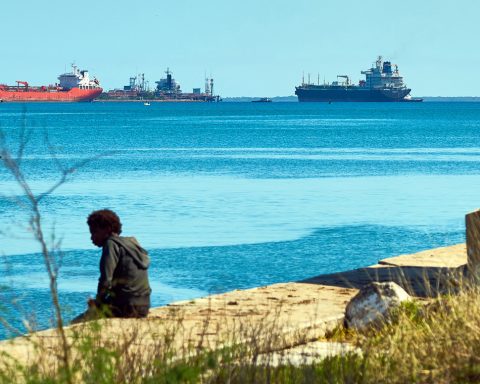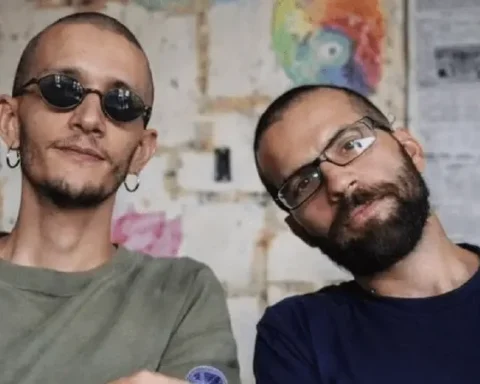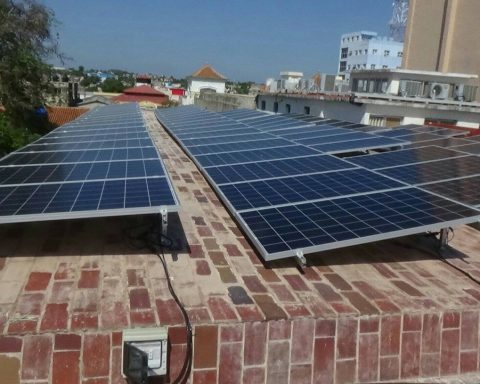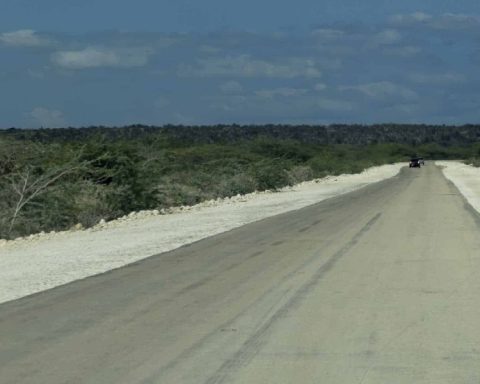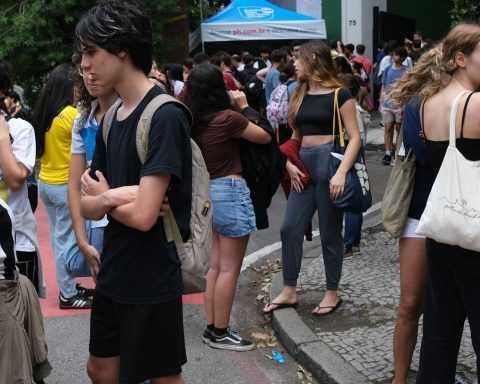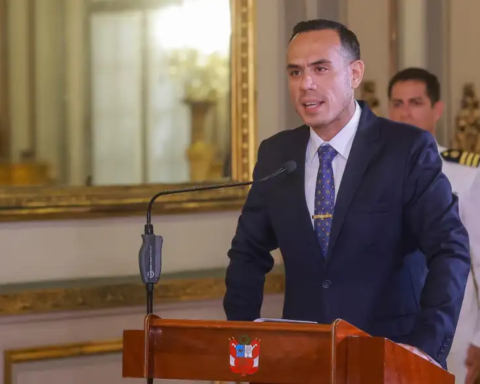Five Cuban universities announced this Saturday that next week they will teach classes virtually due to the fuel crisis that has been affecting the country for almost three weeks.
The Agrarian University of Havana, the one of the provinces of Sancti Spíritus, Holguín and the “Marta Abreu” Central, located in Villa Clara, informed their students that from April 24 to 28 they will modify the planning of their teaching activities.
In the case of the Villa Clara University of Medical Sciences, a note from the institution clarified that the measure will be in force “during the energy contingency period that the country presents.”
In turn, the Sancti Spíritus Higher Education Center reported that they will return to face-to-face classes on May 2.
The Cuban government reported at the beginning of this week that the fuel supply problems will last until May, for which reason it will prioritize vital transportation services.
The Minister of Energy and Mines, Vicente de la O, explained on state television that, due to non-compliance by the producing countries, it was decided to distribute “decreased capacities” to avoid “reaching point zero.”
The fuel crisis in Cuba will last until May, reports the Government
The first government statement on the fuel shortage was made two weeks ago by President Miguel Díaz-Canel, who stated that the situation responds to the “non-compliance” of supplying countries that are also going through a “complex energy situation.”
For almost three weeks long lines of cars have been registered in Cuba waiting for them to fill up at gas stations.
Cuba imports practically all the oil it consumes and mostly uses this fuel to generate energy. Venezuela, along with Russia, is one of the main suppliers of crude oil, but with the crisis it reduced the amount sent to Havana.
